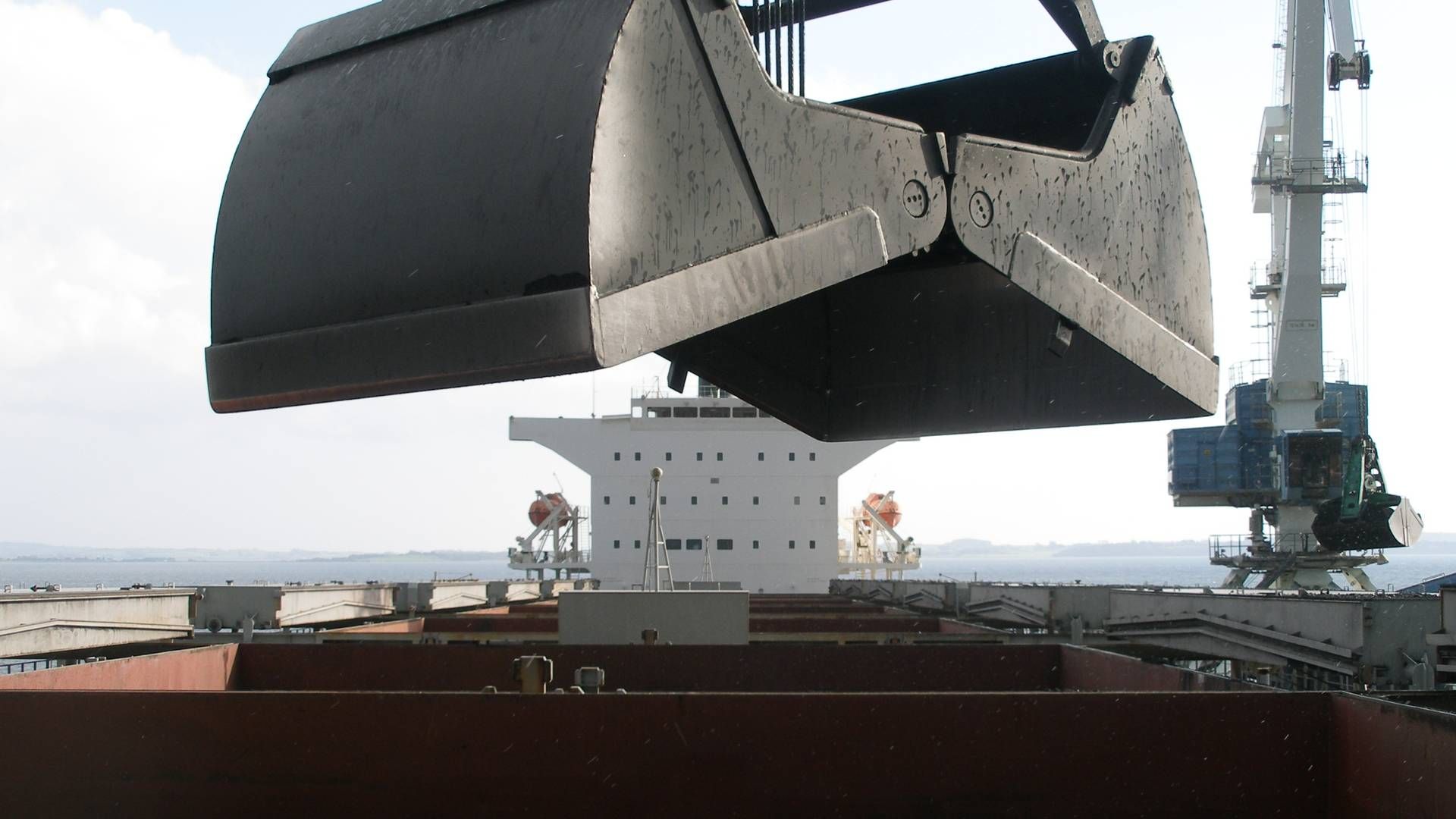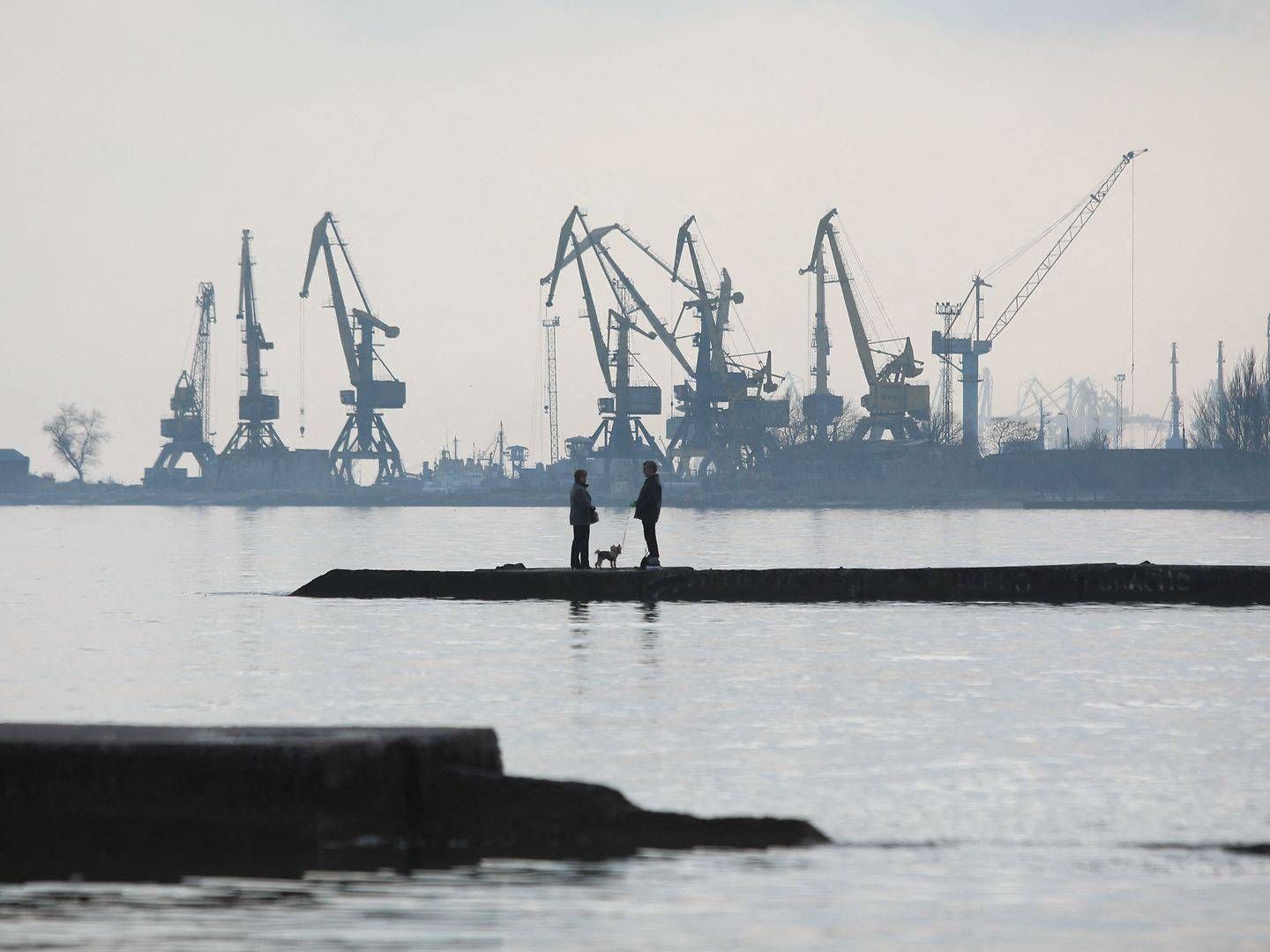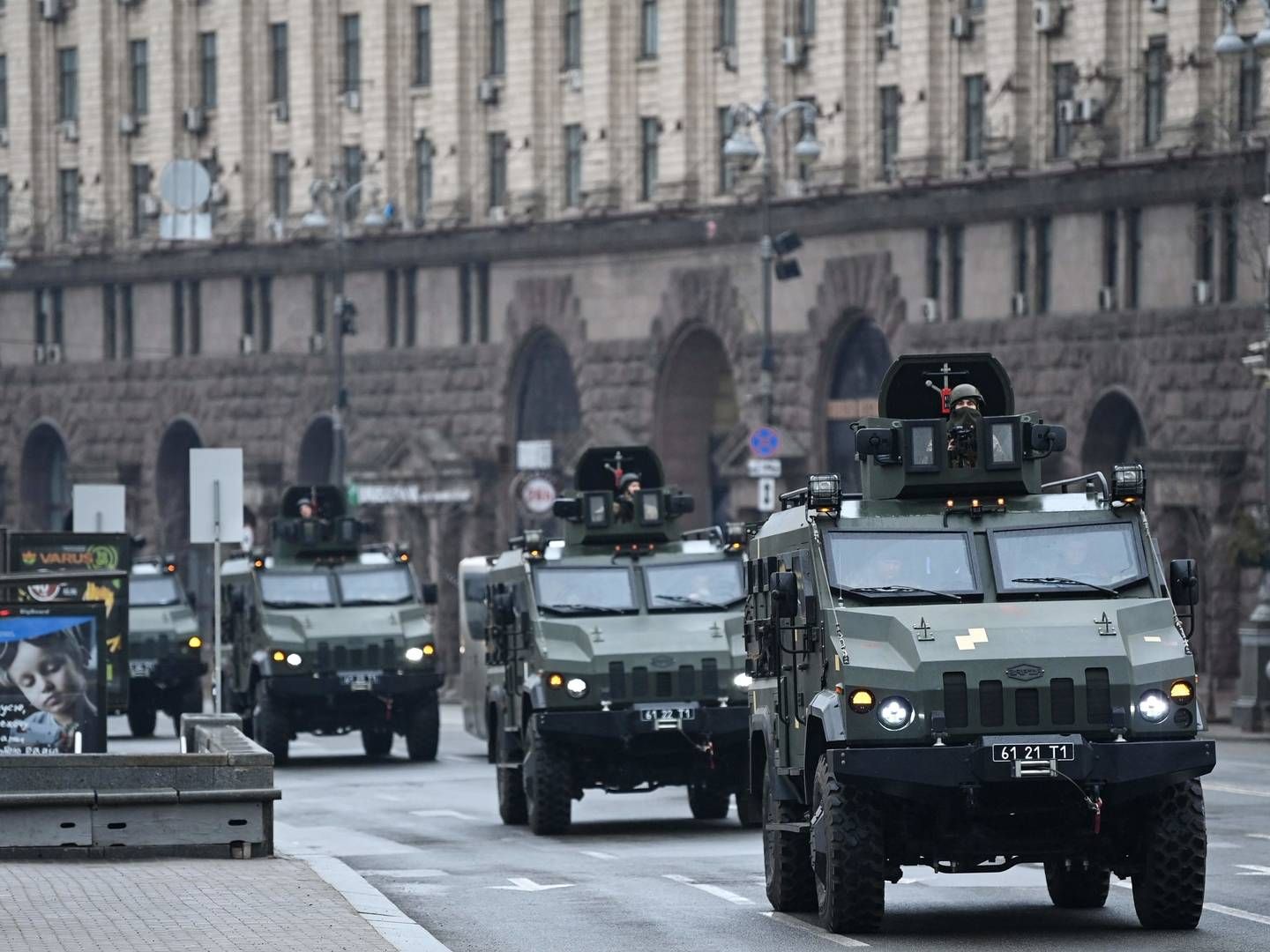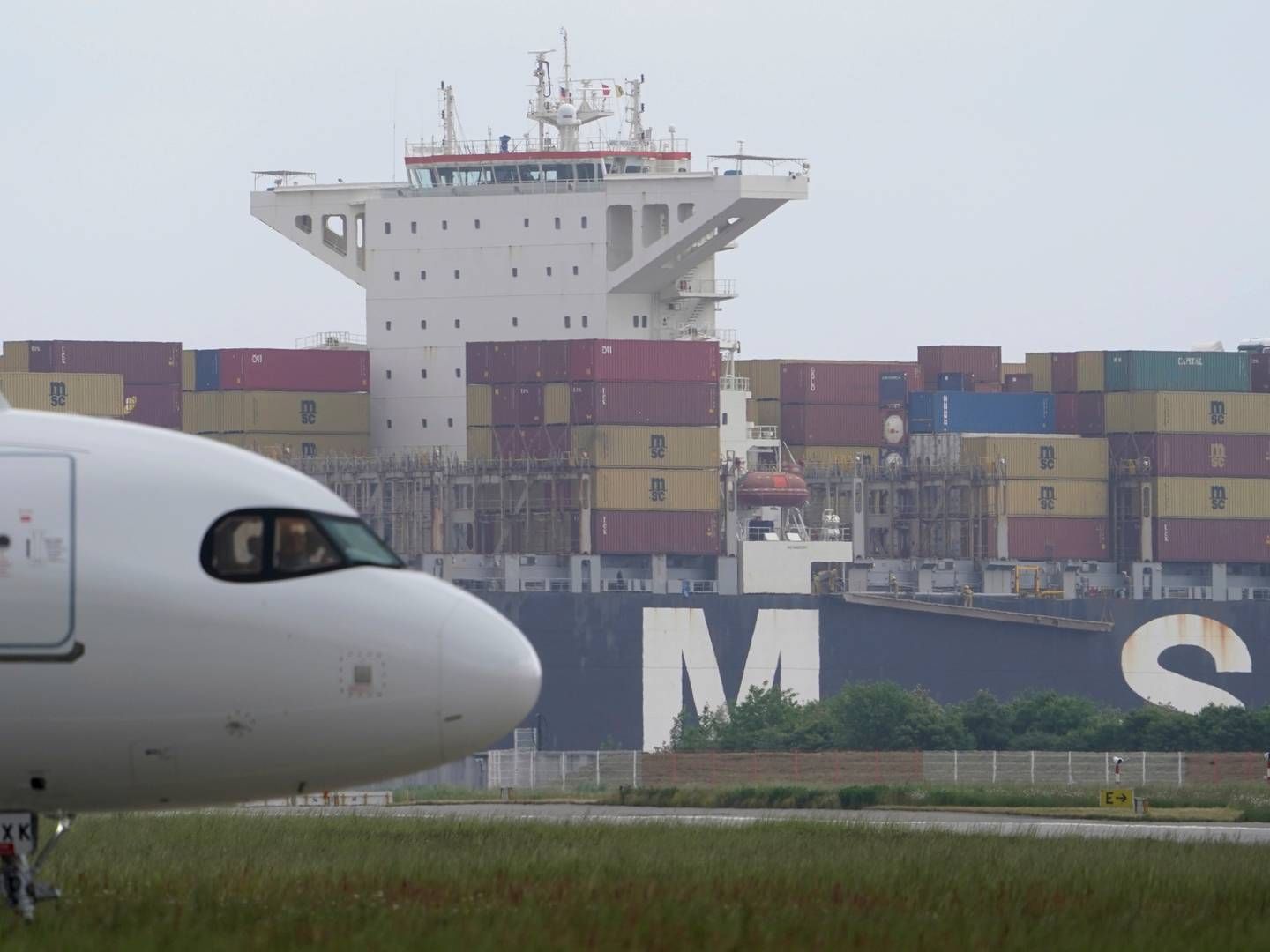Dry bulk carriers halting ships – Norden has two vessels lying in Ukrainian ports

Several large dry bulk carriers no longer view Ukrainian ports as safe and are thus seeking alternatives to the ships headed for Ukraine after Russia commenced an invasion of the country.
Among these are Pacific Basin, Lauritzen Bulkers and Norden.
Norden currently has two ships lying in Ukrainian ports and additional vessels sailing in the area, the company comments to ShippingWatch.
”We are keeping a watchful eye on the situation as we currently have several ships in the region, including two chartered vessels in Ukrainian ports. We always adhere to international rules and sanctions, and we expect additional sanctions later today, which we will act in accordance with,” the carrier wrote yesterday afternoon in an email.
Norden did not inform ShippingWatch which ports the ships are lying in.
Ship halted
Pacific Basin had a vessel en route to Ukraine that was stopped before reaching its destination, and the company thus has no ships lying in Ukrainian harbors today.
However, there are currently Pacific Basin vessels in the Baltic region, which could potentially be affected by the conflict and the sanctions imposed by the EU and US.
Therefore, according to Chief Executive Martin Fruergaard, there is need to closely monitor the situation’s development, and how sanctions – now or later – may impact business.
“We are looking at if and how sanctions will affect ships in the Baltic Sea area. Also, we have to deal with the fact that we have 87 Ukranian crew members onboard our vessels and make sure they are safe and healthy and keep them informed about the situation,” Fruergaard tells ShippingWatch.
He says it’s too early to make a statement on how the sanctions imposed Thursday will affect the shipping market, and the dry bulk market most of all, as well as commodity exports from the Black Sea region, which is dominated by products such as grain and wheat.
The harvest season is in July and August, which minimizes the current market effects, and spot rates seem stable so far, while futures are climbing.
“Grains are mostly being exported to countries like Turkey, Iraq and Egypt and they will probably start to import from other regions in the world if necessary,” Fruergaard says.
Payments will come
Lauritzen Bulkers is also attempting to find out which alternative routes are viable for ships heading to Ukrainian ports. CEO Niels Josefsen says the country is no longer deemed a safe destination.
The shipping line also doesn’t see the already imposed sanctions having an immediate effect, saying, however, that further sanctions against Russia could alter the situation, which is why the company is monitoring the situation on an hourly basis.
”The market is negatively affected as many companies are halting trade with Ukraine and Russia to wait and assess the situation,” Josefsen comments to ShippingWatch.
”The current sanctions will not affect the transactions we have made, and we do expect to receive payment for them. But Ukrainian ports are no longer viewed as safe, so we must find alternative ports for ships headed there.”
English edit: Jonas Sahl Hollænder
From pipes to ports, these are Ukraine’s key commodity sites
Carriers urged to stay away from the Black Sea after attack on Ukraine
Related articles
From pipes to ports, these are Ukraine’s key commodity sites
For subscribers




















